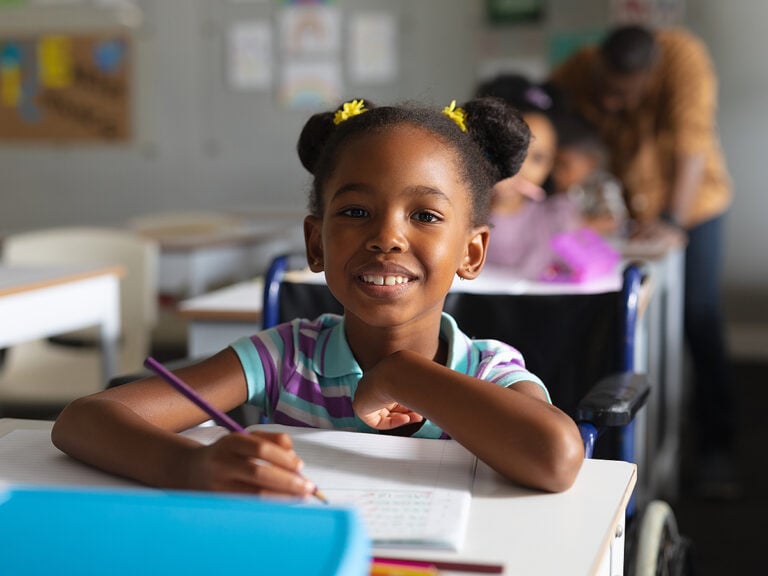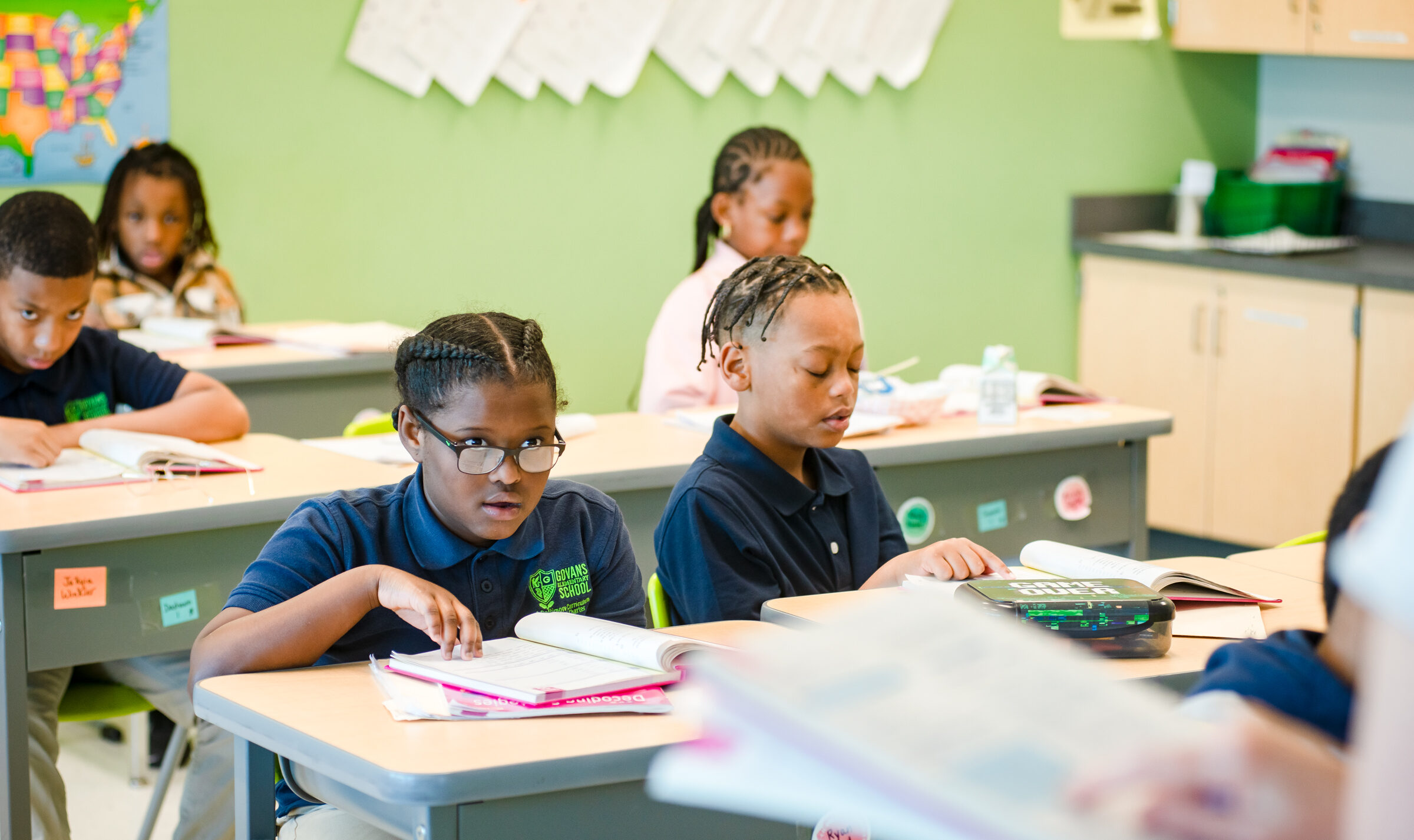The Role of Kindergarten in Building Independence in Young Learners
Wiki Article
Factors to Consider in Finding Independent School: Recognizing What Each Organization Needs To Deal for Your Youngster's Development
Selecting a personal school for a youngster entails mindful consideration of multiple variables. Parents must analyze the academic curriculum and teaching ideologies of various establishments. They need to likewise explore extracurricular activities that could improve their youngster's experience. Furthermore, understanding the college's culture and worths is essential for positioning with family members beliefs. As economic implications play a considerable duty, it is important to weigh tuition prices against readily available scholarships. Just how do these aspects shape a youngster's growth course?Academic Educational Program and Training Approach
When picking a personal school, understanding the scholastic curriculum and teaching philosophy is crucial, as these aspects greatly influence a child's educational experience. Parents must investigate the institution's strategy to mentor and the subjects used, as this can differ considerably among institutions. Some institutions might take on a conventional educational program focused on core topics, while others could stress project-based knowing or interdisciplinary research studies.Additionally, the teaching ideology can form class characteristics and student engagement. Institutions that focus on a student-centered strategy often foster critical thinking and partnership, while those with a much more organized atmosphere may concentrate on self-control and fundamental abilities.
Extracurricular Tasks and Enrichment Programs

Significance of Diverse Activities
While scholastic quality is usually focused on secretive colleges, the significance of diverse tasks, including after-school activities and enrichment programs, can not be overstated. These tasks play a crucial role in a youngster's alternative development, supplying chances for creative thinking, important thinking, and teamwork. Taking part in different searches enables pupils to discover their interests, find new enthusiasms, and develop necessary life abilities, such as time monitoring and self-control. Furthermore, diverse tasks can promote a sense of belonging and neighborhood, improving the overall college experience. By joining clubs, sports, and imaginative endeavors, pupils not only improve their education but likewise produce memorable experiences that add to their personal growth. As a result, diverse activities are indispensable to cultivating well-rounded people.Effect On Social Abilities
Just how do after-school activities and enrichment programs affect a kid's social abilities? These programs supply important possibilities for children to engage with peers outside of the typical classroom setting. Participating in arts, clubs, or sports fosters communication, dispute, and team effort resolution. Children find out to navigate varied social atmospheres, boosting their ability to create friendships and create empathy. In addition, taking part in numerous tasks motivates confidence, as youngsters tackle new obstacles and duties. As they team up on projects or compete in groups, they additionally acquire valuable experience in management and cooperation. Eventually, an abundant variety of extracurricular offerings adds considerably to a youngster's social growth, preparing them for future social communications in both personal and academic contexts.Institution Culture and Worths
Comprehending the institution society and worths is crucial for moms and dads evaluating exclusive education and learning options, as these elements substantially influence a youngster's total experience. Each organization personifies distinct viewpoints, practices, and social standards that form trainees' everyday lives. For example, an institution that emphasizes inclusivity might promote an encouraging atmosphere, encouraging kids to develop empathy and regard for diverse histories. Conversely, establishments that focus on scholastic excellence might develop an affordable atmosphere, encouraging pupils to go for high accomplishment.The positioning of an institution's worths with a family's ideas can enhance a kid's feeling of belonging, strengthening positive behaviors and attitudes. Parents should explore the college's goal statement, assess its corrective policies, and observe trainee communications to gauge the fundamental society. Eventually, a college's culture and worths substantially affect not only academic success however likewise personal development, outfitting kids with essential life skills for their future.
Course Dimension and Student-Teacher Ratio
Course size and student-teacher ratio play an essential duty in the educational experience provided by independent schools. Smaller courses usually cause improved private focus, fostering better student interaction and understanding. Research study suggests that these elements can substantially influence discovering outcomes, making them crucial considerations for moms and dads.Benefits of Smaller Sized Courses
Smaller course sizes substantially enhance the educational experience by promoting extra tailored interest from instructors. In these settings, teachers can customize their guideline to fulfill individual pupil needs, enabling for a much deeper understanding of the material. With less students, instructors can extra easily determine those who might be having a hard time and give immediate support. This close communication can cultivate more powerful partnerships in between teachers and trainees, creating an encouraging environment favorable to learning. In addition, smaller courses often advertise higher participation, as pupils may really feel extra comfortable voicing their ideas and concerns. This vibrant urges joint learning and improves general class involvement. Inevitably, the advantages of smaller sized classes add remarkably to an all-round academic experience that focuses on pupil development and development.Influence On Understanding Outcomes
The advantages of smaller courses prolong past customized focus, significantly affecting learning end results. Research study constantly reveals that a lower student-teacher proportion cultivates boosted involvement, enabling teachers to tailor direction to private requirements. This environment encourages energetic engagement, critical thinking, and deeper understanding of the material. In smaller settings, teachers can better determine and resolve finding out gaps, resulting in boosted scholastic efficiency. Private School. Furthermore, trainees typically really feel more comfortable expressing their thoughts and asking questions, which can even more enhance the discovering experience. On the other hand, bigger course sizes might limit communication and comments, potentially impeding trainee growth. Therefore, when evaluating private schools, households must take into consideration class size and student-teacher ratios as significant elements affecting their child's educational successCommunity Involvement and Parental Participation
How can neighborhood involvement and parental participation improve the academic experience secretive colleges? These components play a crucial function in enriching the learning setting. When moms and dads actively participate in institution tasks, they foster a sense of belonging and assistance amongst students. This participation can take various forms, such as volunteering for occasions, participating in conferences, or joining committees, which not just enhances the college community however additionally enhances communication between families and educators.Community involvement prolongs this support by attaching the school with neighborhood organizations, businesses, and social establishments (Grade School). Such partnerships supply students with one-of-a-kind discovering opportunities, consisting of workshops and internships, which add to their general growth. Additionally, schools that focus on these links often produce a more inclusive environment, enabling diverse perspectives to be shared. Eventually, community engagement and adult participation serve to produce a helpful and collective environment that adds positively to trainees' scholastic and social success
Financial Considerations and Scholarships
Steering the financial landscape of personal schools can be an intricate process for households. Tuition prices differ significantly, frequently affected by variables such as location, centers, and the college's track record. Households should assess their economic circumstance, considering not just tuition yet additionally added expenditures like attires, costs, and after-school activities.Several independent schools use scholarship programs focused on attracting varied student official website populaces - Grade School Peoria. These scholarships can make and ease monetary problems high quality education available to households with varying income degrees. It is crucial for moms and dads to make inquiries regarding the accessibility of need-based and merit-based scholarships and understand the application processes involved
Additionally, some colleges supply versatile layaway plan have a peek here that can reduce prompt monetary pressures. By evaluating all economic elements and exploring scholarship chances, households can make informed decisions that straighten with their instructional objectives and budgetary restrictions.
Frequently Asked Inquiries
Exactly How Do Schools Assistance Pupils With Discovering Disabilities?
Schools support pupils with finding out disabilities via personalized education strategies, specialized teaching techniques, and additional resources. They frequently offer customized interventions, accessibility to support personnel, and inclusive environments to promote scholastic and emotional growth.What Is the College's Approach to Discipline and Behavior Monitoring?
The institution's strategy to technique and actions management emphasizes positive reinforcement, clear assumptions, and restorative methods. Personnel proactively engage trainees in discussions about habits, cultivating a supportive atmosphere that urges personal responsibility and accountability.How Do Institutions Take Care Of Student Transitions, Such as Relocating To Greater Grades?
Schools normally provide structured support during pupil adjustments, including orientation programs, mentorship chances, and customized scholastic planning. These steps intend to alleviate anxiousness, advertise change, and assurance pupils are prepared for the challenges of higher grades.What Are the School's Plans on Modern technology Use in the Class?

Exactly How Do Schools Assess Pupil Progress and Provide Responses to Parents?
Schools assess student progress through regular analyses, consisting of examinations, jobs, and class engagement. Feedback is provided to parents via report cards, parent-teacher conferences, and online portals, guaranteeing continuous communication concerning each youngster's scholastic development.
Report this wiki page